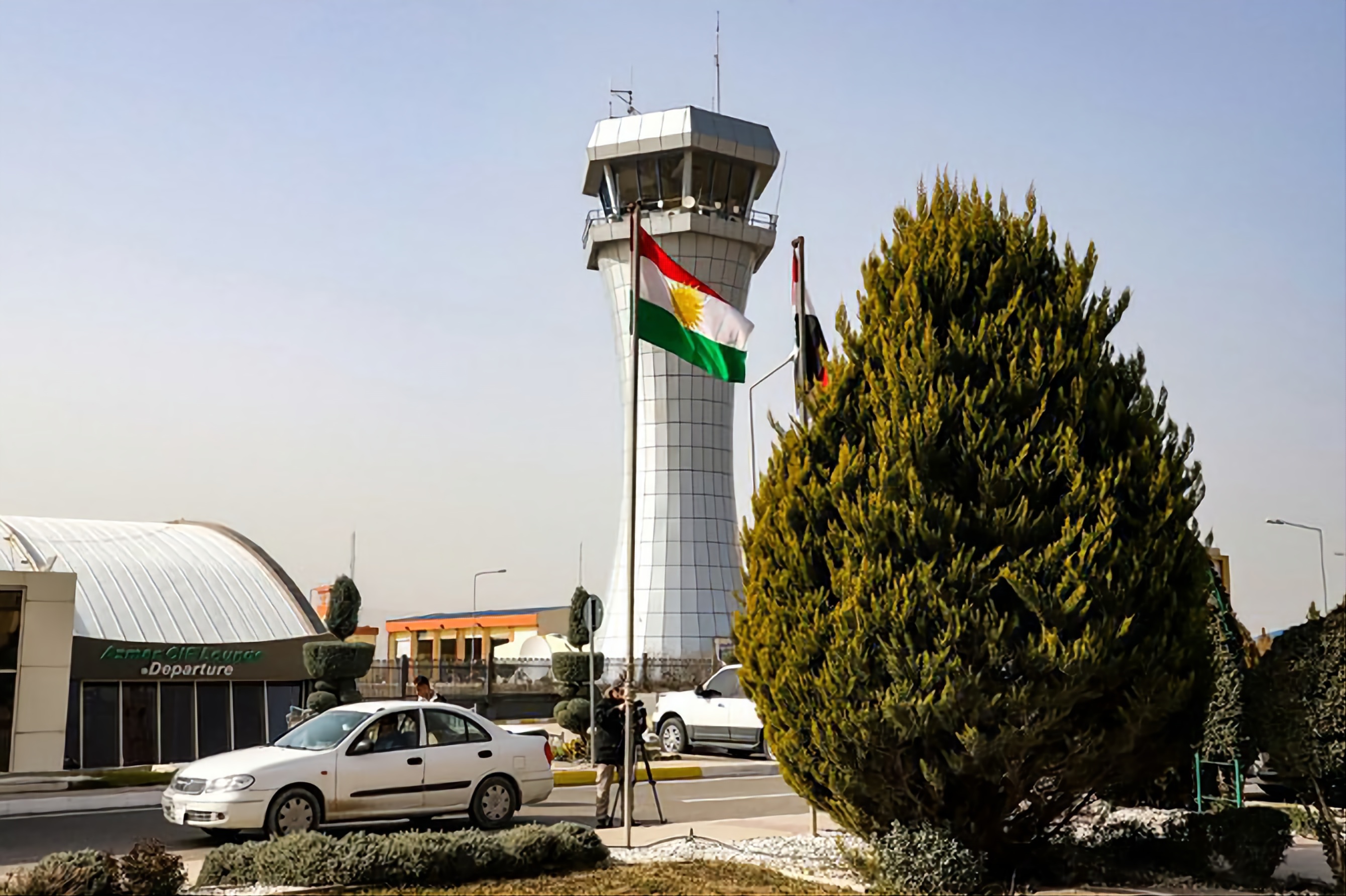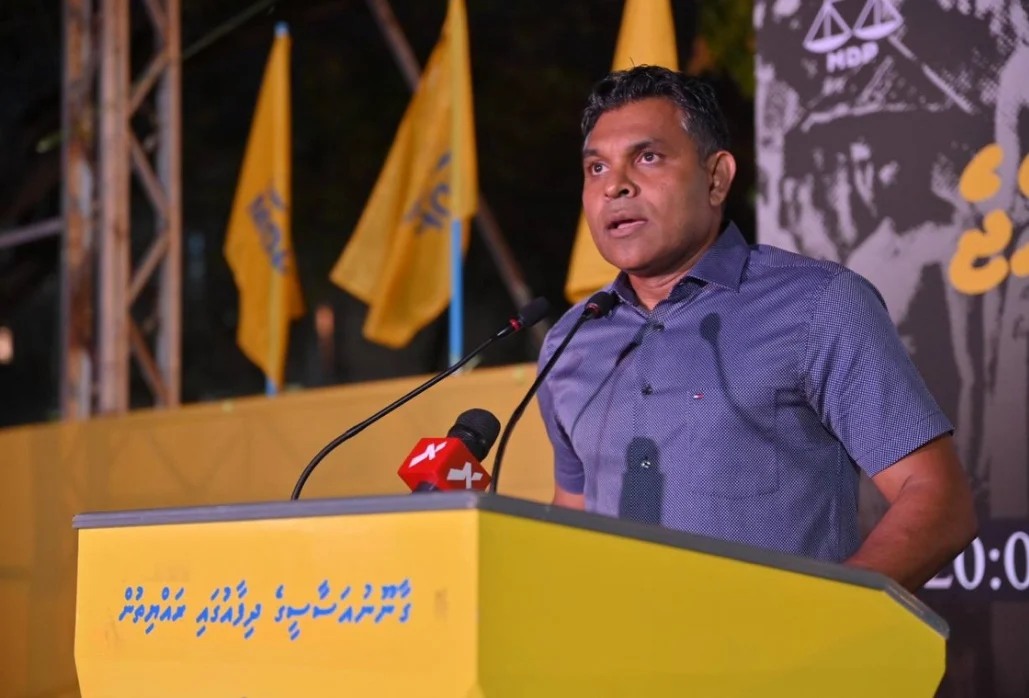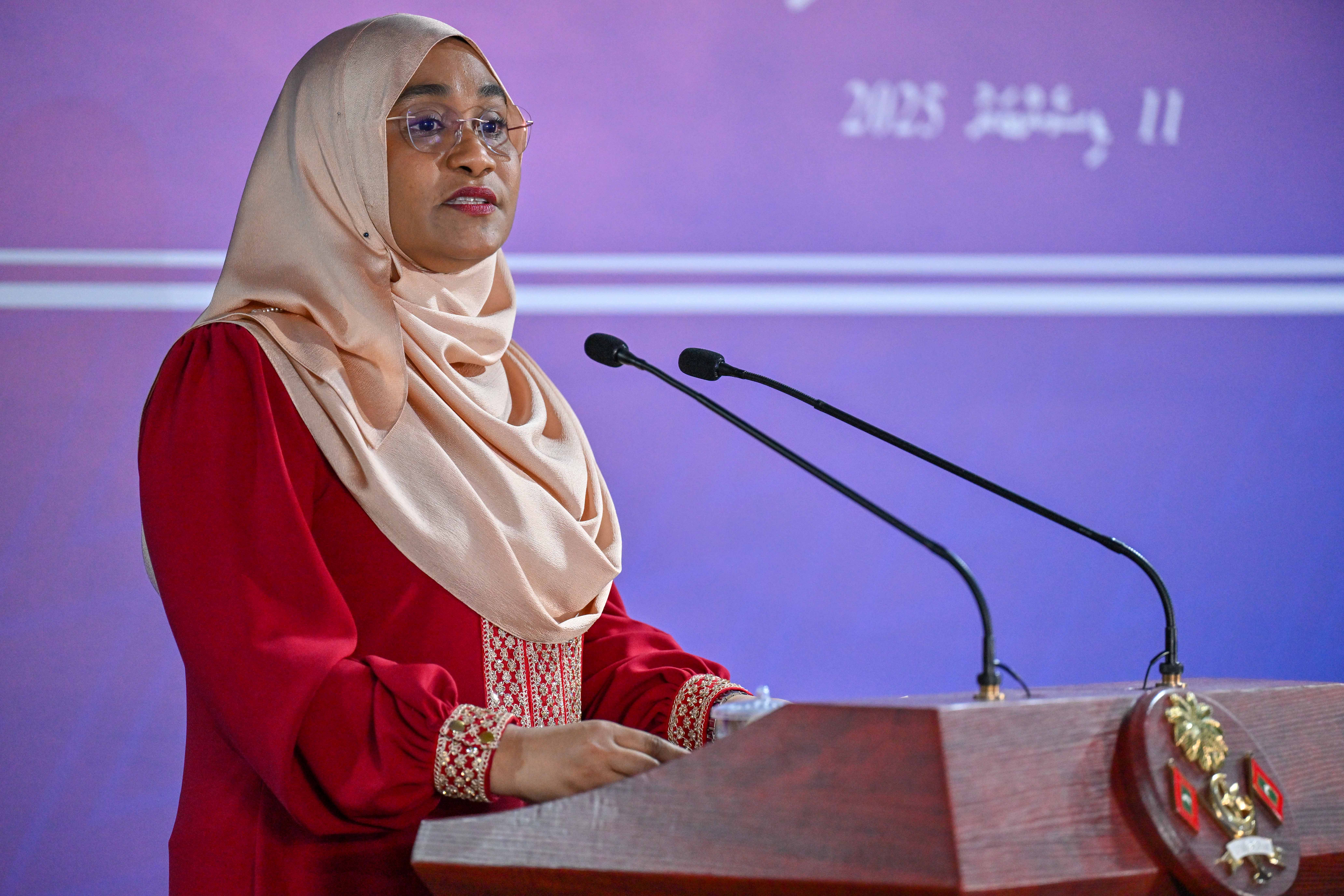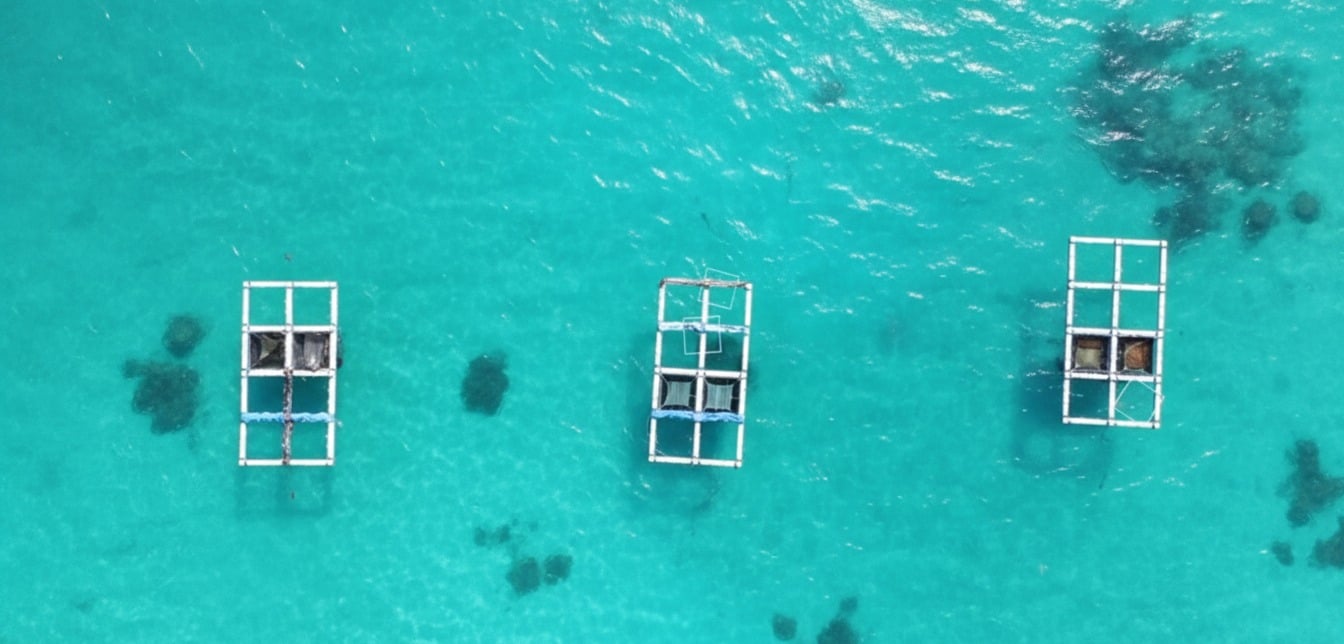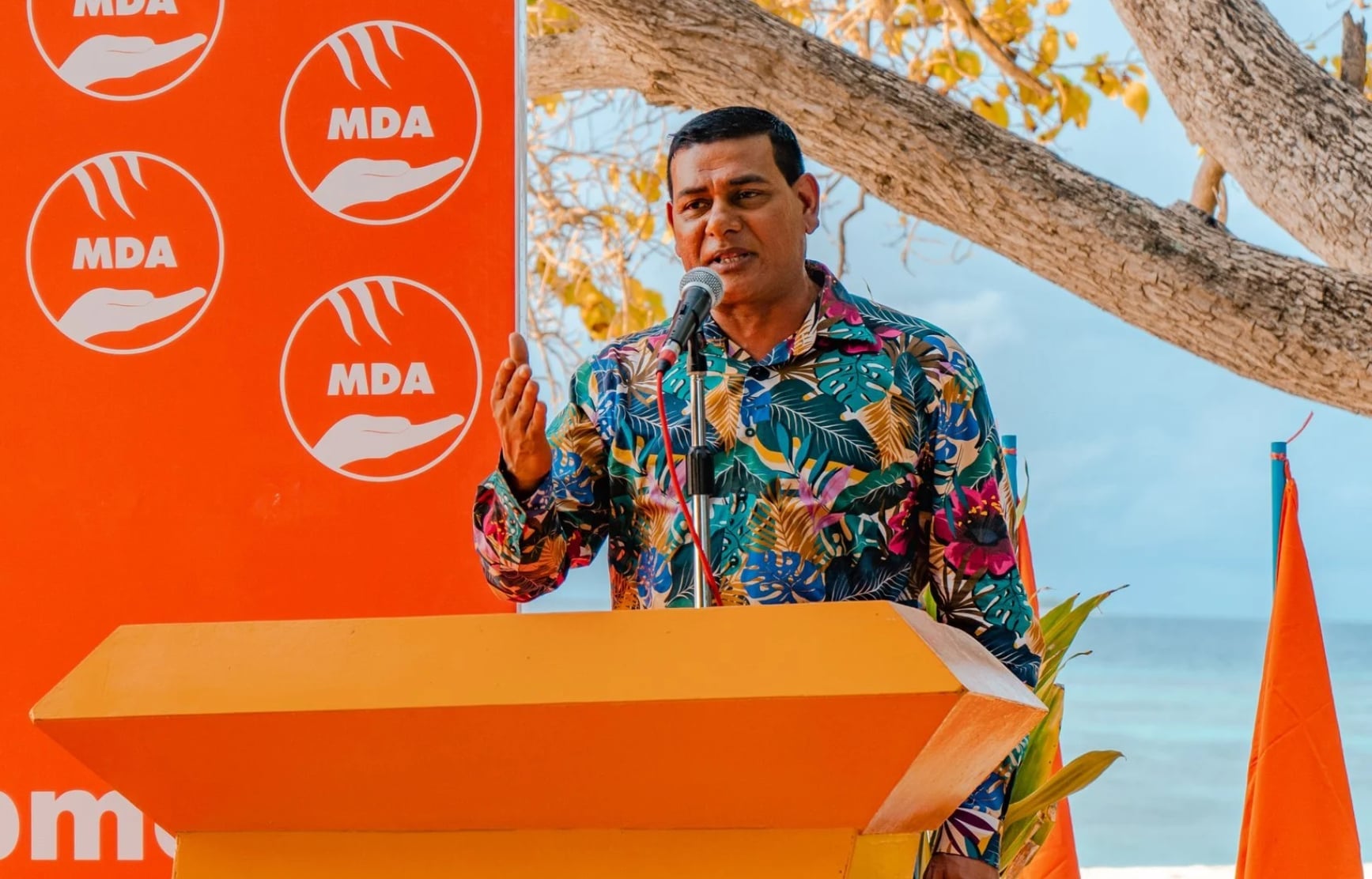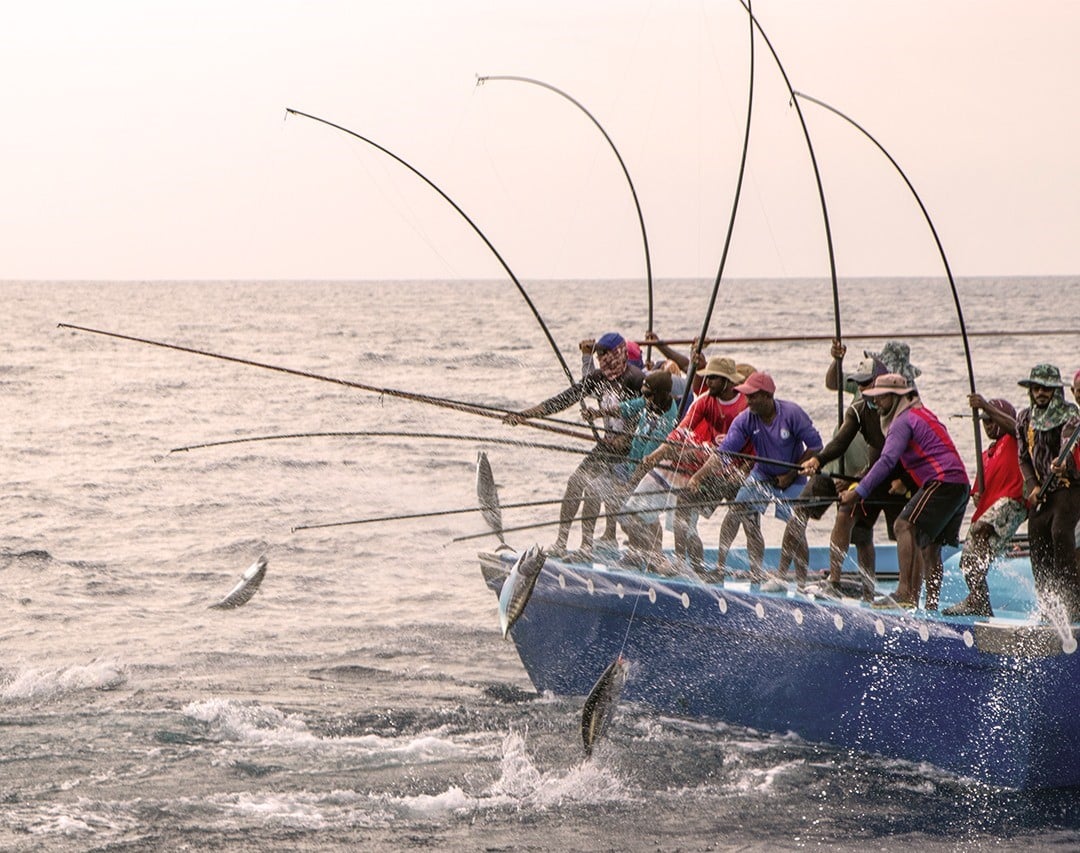On Saturday, Iraq demanded an apology from Turkey for what it claimed to have been the shelling of Sulaymaniyah Airport in the north of the nation and demanded that the Turkish government end its hostilities there.
Turkiye has no legal authority, according to a statement from the Iraqi presidency, to "maintain its policy of harassing civilians on the premise that hostile forces are present on Iraqi soil."
In the semi-autonomous Kurdish area of northern Iraq, there was an explosion Friday, according to local authorities.
The blast came days after Turkiye closed its airspace to flights to and from the airport, citing an alleged increase in Kurdish militant activity threatening flight safety. Turkiye has spent years fighting Kurdish militants in its east. Large Kurdish communities also live in neighboring Iraq and Syria.
The Syrian Observatory for Human Rights, a UK-based opposition war monitor, and some local media reported that the explosion was a Turkish drone attack on Mazloum Abdi, the leader of the Syrian Democratic Forces, the main US-backed and Kurdish-led force in Syria.
Turkiye has no legal authority, according to a statement from the Iraqi presidency, to "maintain its policy of harassing civilians on the premise that hostile forces are present on Iraqi soil."
In the semi-autonomous Kurdish area of northern Iraq, there was an explosion Friday, according to local authorities.
The blast came days after Turkiye closed its airspace to flights to and from the airport, citing an alleged increase in Kurdish militant activity threatening flight safety. Turkiye has spent years fighting Kurdish militants in its east. Large Kurdish communities also live in neighboring Iraq and Syria.
The Syrian Observatory for Human Rights, a UK-based opposition war monitor, and some local media reported that the explosion was a Turkish drone attack on Mazloum Abdi, the leader of the Syrian Democratic Forces, the main US-backed and Kurdish-led force in Syria.





